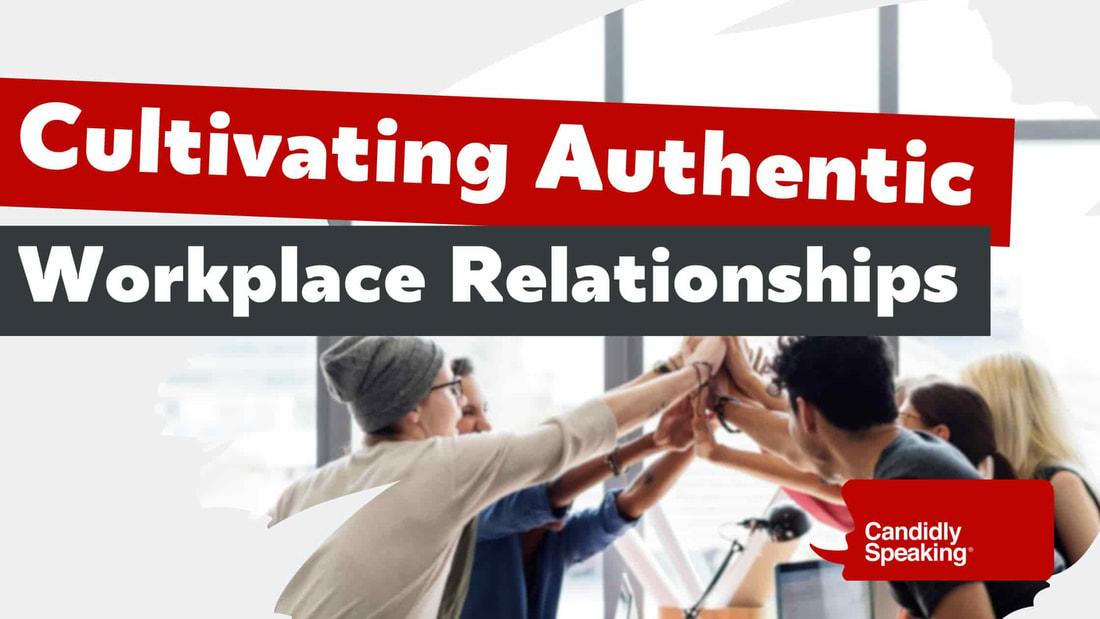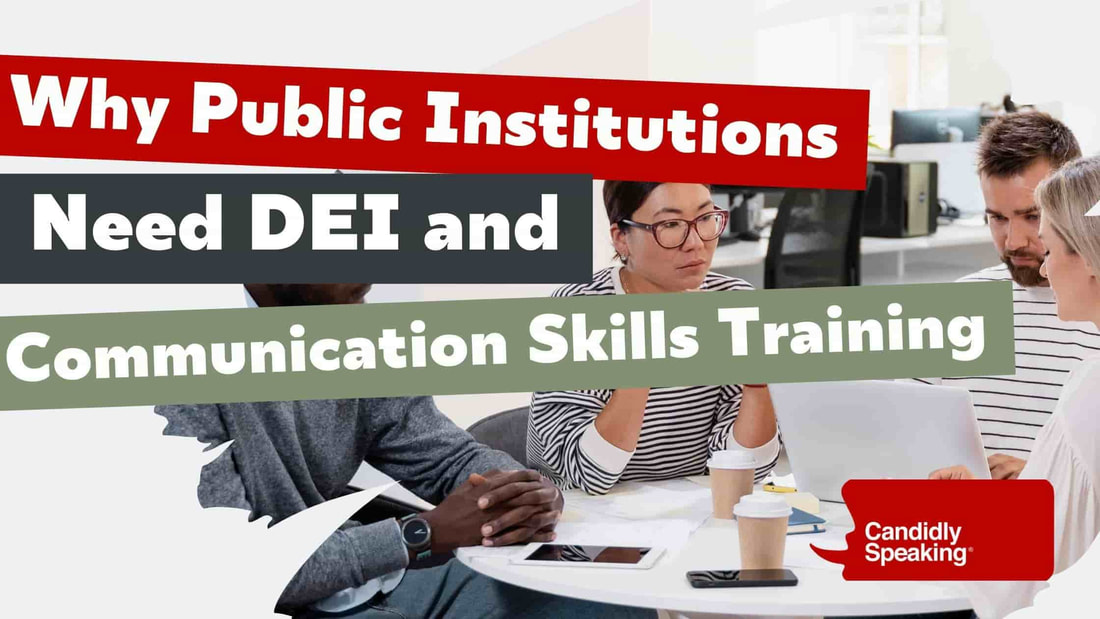|
Today, Diversity, Equity, and Inclusion are more important than ever. Nowhere is this more crucial than in our public institutions, which serve as the bedrock of our communities, implementing policies and programs that directly impact the lives of individuals from all walks of life. "One of the primary reasons why public institutions need DEI and communication skills training is to break down barriers to access and participation." However, to truly fulfill their mandate of serving the public good, these institutions must not only embrace DEI principles but also prioritize effective communication skills that foster inclusivity and understanding. Public institutions, by their very nature, are tasked with serving diverse populations. Whether it’s healthcare, education, law enforcement, or social services, these institutions interact with individuals from various cultural, socioeconomic, and ethnic backgrounds on a daily basis. Therefore, equipping their staff with the necessary skills to navigate and engage with this diversity is not just a moral imperative but also essential for ensuring the efficacy and legitimacy of their services. One of the primary reasons why public institutions need DEI and communication skills training is to break down barriers to access and participation. In many communities, marginalized groups face systemic barriers that hinder their ability to fully engage with public services. These barriers may be rooted in historical injustices, implicit biases, or simply a lack of cultural competence among service providers. By investing in DEI training, public institutions can empower their staff to recognize and address these barriers, ensuring that all members of the community have equitable access to the services and resources they need to thrive. Moreover, effective communication is the cornerstone of any successful public institution. Whether it’s communicating policy changes, providing information about available services, or resolving conflicts, clear and inclusive communication is essential for building trust and fostering positive relationships with the community. However, communicating across cultural and linguistic divides can be challenging, particularly in diverse communities where norms and expectations may vary widely. DEI and communication skills training can help public institutions bridge these divides by teaching staff how to communicate more effectively and inclusively. This includes not only understanding the nuances of different cultural perspectives but also learning how to actively listen, empathize, and engage in dialogue with individuals from diverse backgrounds. By fostering a culture of open communication and mutual respect, public institutions can cultivate stronger relationships with the communities they serve, leading to greater trust, cooperation, and ultimately, better outcomes for everyone involved. Furthermore, public institutions play a critical role in shaping public policy and addressing systemic issues that impact the well-being of the community as a whole. However, without a deep understanding of the needs, experiences, and perspectives of all community members, these policies run the risk of perpetuating inequalities and exacerbating existing disparities. Communication skills training can help public officials and policymakers develop a more nuanced understanding of these issues, enabling them to craft more inclusive and equitable policies that truly reflect the needs and aspirations of the entire community. In conclusion, the need for communication skills training in public institutions cannot be overstated. By investing in these areas, public institutions can better fulfill their mandate of serving the public good, breaking down barriers to access and participation, fostering trust and understanding, and crafting more inclusive and equitable policies that benefit everyone, helping improve DEI implementation. In an increasingly diverse and interconnected world, effective communication and a commitment to diversity, equity, and inclusion are not just desirable but essential for building stronger, more resilient communities.  In today's diverse and dynamic workplaces, the need for authentic communication and meaningful connections is universal. Whether you're a small startup or a multinational corporation, fostering genuine relationships among your employees is essential for driving productivity, innovation, and overall success. Drawing inspiration from Candidly Speaking's approach, here's how you can apply similar strategies to cultivate authentic workplace relationships in your organization:
By embracing these principles and tailoring them to suit your organization's unique culture and context, you can create an environment where authentic communication flourishes, trust is built, and meaningful relationships thrive. Whether you're a small team or a large enterprise, prioritizing authentic workplace relationships is key to unlocking the full potential of your workforce and driving sustained success in today's competitive landscape.
|
AuthorCandidly Speaking is a non-profit organization working towards diversity and inclusion, one conversation at a time. Archives
June 2024
Categories
All
|
About Candidly Speaking
|
Candidly Speaking is a 501(c)3 non-profit organization founded in 2017 that works towards Diversity, Inclusion, and Equity, fostering a more cohesive environment through better communication skills.
|
Copyright © 2023 Candidly Speaking


 RSS Feed
RSS Feed